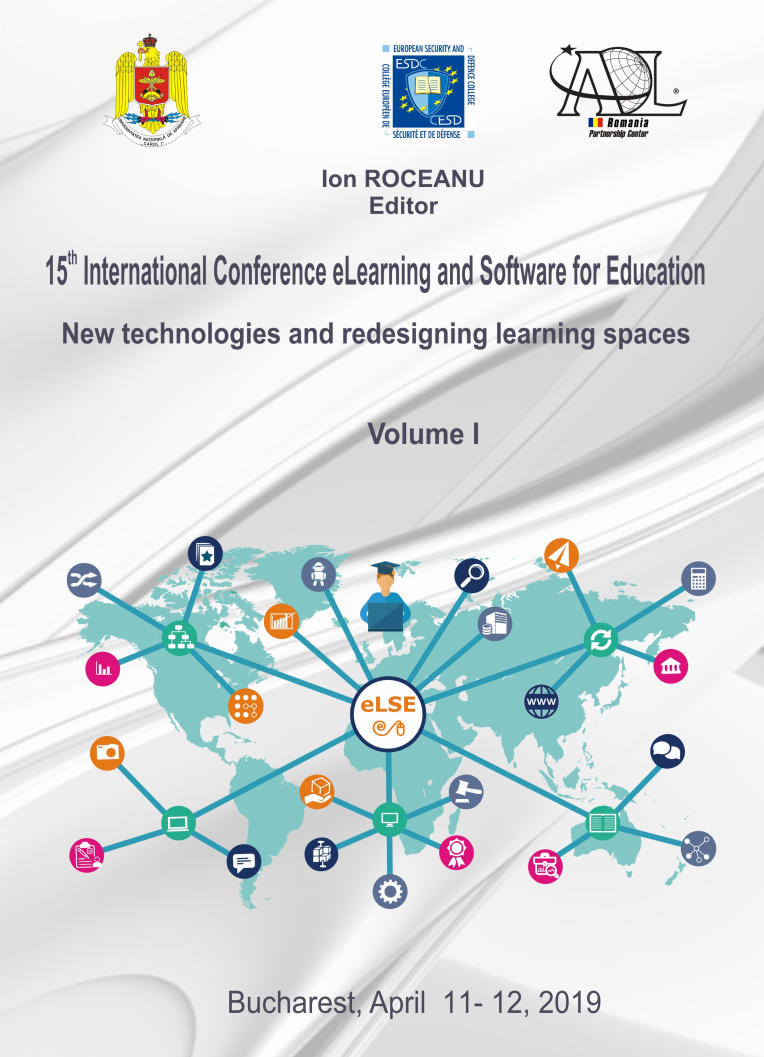An Object-Oriented Reasoner for Saturation of Logical Knowledge Bases
An Object-Oriented Reasoner for Saturation of Logical Knowledge Bases
Author(s): Andrei ZamfiraSubject(s): Social Sciences, Education, Higher Education
Published by: Carol I National Defence University Publishing House
Keywords: knowledge base; facts; rules; inference; reasoning system; derivation algorithm;
Summary/Abstract: In this paper is proposed an object-oriented reasoning system that is used to obtain the saturation of any type of logical knowledge base. A logical knowledge base is a triple (F,R,N) constituted from a set of facts, rules and negative constraints. The main objective is to implement an algorithm for derivation (i.e. a reasoner system) that works by successively applying the set of rules on the set of facts in order to derive new (implicit) knowledge from the explicitly stated ones and at the same time not to violate any negative constraints from the set N. This is known in logics as the Modus Ponens principle. The process continues until is obtained the saturation of the knowledge base, that is when new facts cannot be produced from the application of rules on the set of facts. The concrete implementation of the algorithm was done in Java. The knowledge base is comprised of sets of objects of classes in form of collections. The algorithm takes as input the sets of the knowledge base, (F,R,N) and produces as output the new (saturated) set of facts. In the process of matching the rules on the facts to derive conclusions, the algorithm relies on the backtracking algorithm in order to find all the possible solutions (i.e. all sets of facts that match the conjuncts of a rule) in an iterative, progressive and ordered manner. Experiments were made on three types of knowledge bases of various sizes: small, medium and large. Had been shown the computation times of the algorithm in each case in order to obtain its goals. Our backtracking-based solution has been compared with a more general one, who works by searching all possible combinations of facts that match a rule. Are shown the results of comparisons in graphical form for each of the 3 types of knowledge bases.
Journal: Conference proceedings of »eLearning and Software for Education« (eLSE)
- Issue Year: 15/2019
- Issue No: 01
- Page Range: 444-451
- Page Count: 8
- Language: English

